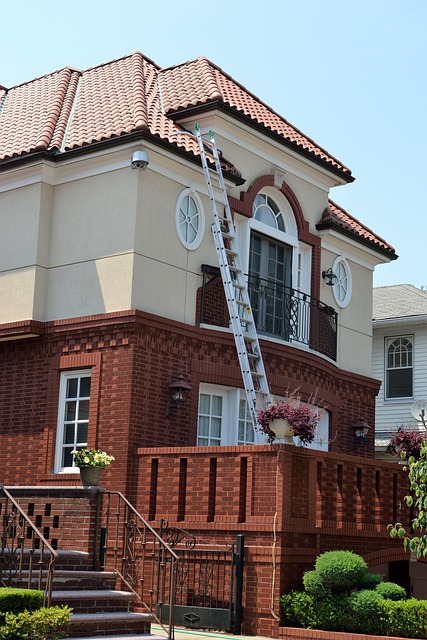Comprehensive building inspections in real estate are vital for assessing structural and mechanical health. Skilled inspectors use advanced tools to detect issues like foundation faults, leaks, electrical problems, and more. Early detection prevents costly repairs, enhances property value, and appeals to buyers. Evaluating structural integrity, stability, and load-bearing capacities is crucial for occupant safety. Regular assessments identify outdated systems, allowing for cost-effective upgrades that boost energy efficiency, reduce costs, and increase appeal in a competitive market.
In the real estate sector, identifying structural and mechanical issues is paramount for investors and homeowners alike. This comprehensive guide equips you with the knowledge to navigate potential problems effectively. Through meticulous building inspections, assess the structural integrity and stability of properties. Learn to recognize mechanical system failures and understand the importance of upgrades for long-term sustainability. By mastering these skills, you’ll make informed decisions, ensuring the safety and value of your real estate investments.
Conduct Comprehensive Building Inspections

Comprehensive building inspections are a crucial step for anyone in the real estate sector looking to identify structural or mechanical problems. These detailed assessments go beyond a surface-level evaluation, delving into the intricacies of a property’s design and construction. Skilled inspectors utilize advanced tools and techniques to uncover potential issues, from foundation faults and roof leaks to electrical wiring problems and plumbing leaks. By identifying these defects early on, real estate investors and owners can avoid costly repairs in the future.
Regular inspections also help maintain the property’s value. Prospective buyers often conduct thorough checks before making an offer, so addressing any red flags upfront can enhance the saleability of a property. Moreover, understanding the structural integrity and mechanical systems of a building enables informed decision-making, whether it’s about renovation, remodeling, or simply ensuring the safety and longevity of the structure.
Assess Structural Integrity and Stability

When inspecting a property in real estate, assessing structural integrity and stability is paramount. This involves meticulously examining key components like foundations, walls, floors, and roofs for any signs of damage or weakness. Cracks in concrete, uneven floorboards, or sloping walls could indicate serious issues that require immediate attention.
Professional inspectors should also consider load-bearing capacities, especially in older structures, to ensure the property can withstand environmental forces such as wind, snow, or seismic activity. This meticulous evaluation not only guarantees the safety of future occupants but also provides valuable insights for prospective buyers or investors looking to make informed decisions in their real estate ventures.
Identify Mechanical System Failures and Upgrades

In the realm of real estate, identifying structural or mechanical problems is a crucial step in maintaining and enhancing property value. Mechanical system failures, such as outdated HVAC systems, faulty electrical wiring, or inefficient plumbing, can significantly impact a building’s performance and comfort levels. Property managers and investors should regularly assess these components to ensure they are functioning optimally. By identifying issues early, real estate professionals can avoid costly repairs and unexpected downtime that may disrupt tenants’ lives.
Upgrading mechanical systems not only improves energy efficiency but also increases the property’s appeal. Modern, high-efficiency HVAC units, for instance, can reduce utility bills and provide better indoor air quality. Similarly, upgrading electrical panels and wiring can accommodate increased energy demands from new appliances or renovations, ensuring safe and reliable power supply. These upgrades not only benefit current occupants but also attract potential buyers or tenants looking for well-maintained, state-of-the-art properties in the competitive real estate market.






